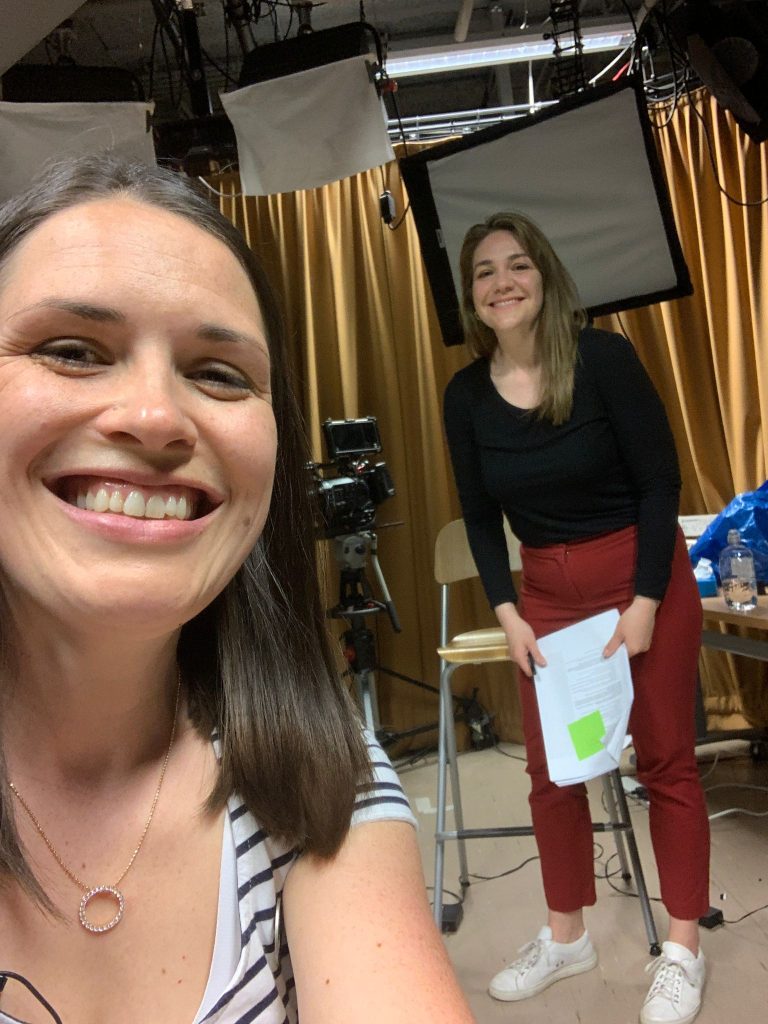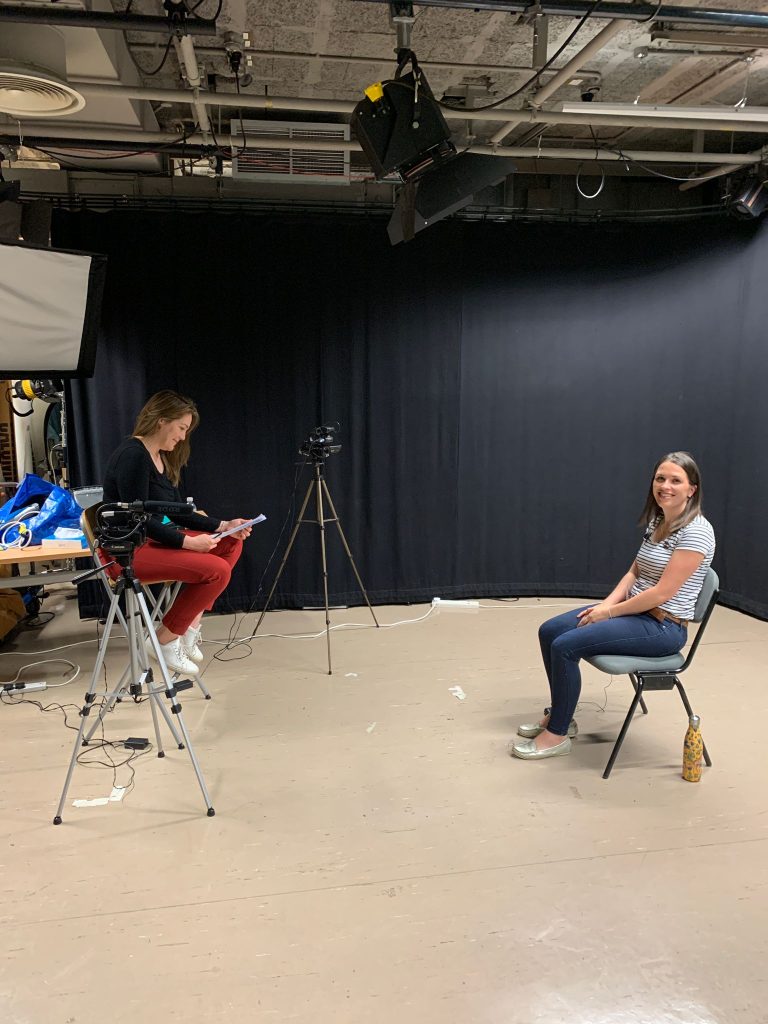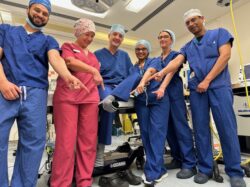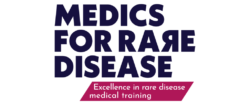Rare Disease Action Plan 2022 – focus on priority 2, action 7
In my last post I introduced some of M4RD’s initial thoughts on the Rare Diseases Action Plan 2022 Action 6. Now I’d like to continue exploring Priority 2; ‘increasing awareness among healthcare professionals’. Action 7 is the most pertinent to M4RD’s goals and ambitions so we were glad to get a shout out! 🙂
Action 7: Determine how best to include rare diseases in UK health professional education and training frameworks
It is encouraging to see the effort to address the lack of dedicated rare disease training in medical education. From working closely alongside those with rare conditions and their families and advocates, M4RD has a deep appreciation of the consequences of these education gaps. However, this is an example where actions need to be more formed, specific and structured with ‘SMART’ steps forward. So far the Genomic Education Programme’s rare disease page has been re-launched and M4RD will be featuring in a new Massive Online Open Course (MOOC) about rare disease. We will keep an eye out for other developments and look forward to working more with the team at GEP.


However I think this is one area where the England Implementation Group is limited by not being able to collaborate externally in order to deliver Action Points i.e. only organisations under the remit of the Department of Health and Social care can deliver actions but these delivery partners are not omnipotent. As mentioned in my previous post, M4RD has an existing strategy plan and I have included the relevant section below.
Where is undergraduate education?
M4RD would also like to address a major pitfall in Action 7: it fails to adequately address the lack of undergraduate medical education in rare disease. Unlike post-graduate medical education, undergraduate medical education isn’t under the remit of Health Education England. And, as far as we’re aware, none of the Department of Health and Social Care’s delivery partners fill this remit. Therefore, as far as we know, medical student education will not be properly addressed by this England Action Plan.
With four doctors on our team, M4RD has first-hand experience of the current gaps in undergraduate education. For a break down of some of how undergraduate education is often approached read Dr Lucy McKay’s article in the New Zealand Medical Students Journal. Addressing this undergraduate education gap is an area where M4RD is well-positioned and happy to support. We hope to have a medical school using Rare Disease 101 in the next academic year. We believe that the charity could influence undergraduate education at a greater rate with the formal backing of the appropriate governmental departments.
What about non-genetic rare conditions?
..the first stage of this project…will include the review of existing frameworks and curricula to identify where and when rare disease is mentioned. This will provide the baseline, and inform how best to include rare diseases in UK health professional education and training frameworks.
Action 7. The England Rare Disease Action Plan
I am unclear how this survey of post-graduate curricula differs from the pre-existing survey for genetics and genomics performed by Health Education England. If this is the same survey I am unsure how non-genetic rare conditions have been included. It would also be beneficial to see specific actions regarding the delivery of this report. In particular to ensure it reaches the appropriate healthcare professionals and institutions.
M4RD education strategy plan
As promised here are some examples of Actions drawn up by M4RD in response to Priority 2 of the UK Rare Diseases Framework. Again, this action feels like it will be limited by the reach of the delivery partners which we feel will lead to lost opportunities that would be brought about by greater collaboration. However we must bear in mind that this is the first iteration of this regularly reviewed and updated document so potentially greater collaboration will be on the cards later on.
| Goal | Strategy | Delivery partners | Timeline |
| 1 | Survey undergraduate HPCs. To determine current understanding and learning needs in the area of rare disease. | M4RD Universities RDNN | Within 1 year: Results from medical students. Within 2 years: Results from nursing and midwifery students. |
| 2 | Survey qualified HCPs. To determine current understanding and learning needs in the area of rare disease. | HEE M4RD RDNN | Within 2 years: Results from qualified HCPs including nurses. Plans created for surveying midwifery, PT, OT, dietetics. |
| 3 | Undergraduate HCP education. ‘Basics of rare diseases’ to be mandatory and examined in: medicine, nursing, physiotherapy, occupational therapy, speech and language therapy & midwifery courses. | Universities Regulatory bodies e.g. GMC, NMC, Medical Schools Council. M4RD RDNN | Within 1 year: Universities actively engaging in rare disease teaching/training. Within 3 years: Universities providing Rare Disease 101 teaching for medics/nurses. Within 5 years: Rare disease knowledge examined as part of mandatory curriculums. |
| 4 | Postgraduate HCP education | Training institutions Royal Colleges Primary Care Partnerships Foundation Programme M4RD RDNN Private educational enterprises | Training institutions. Within 1 year: Review training curriculums, identify gaps. HEE to work with M4RD and RDNN to create educational content. Within 5 years: Fill gaps in postgraduate training curricula. Provide annual interprofessional rare disease training. M4RD over next 5 years: Support by HEE and Government to continue pressure on royal colleges and private educational enterprises, to review/update rare disease content. |
| 5 | Continued Professional Development (CPD)/Continued Medical Education (CME). Disease-agnostic rare disease training to be a mandatory requirement. | HEE Governing bodies | HEE and training institutions. Within 1 year: HEE working with M4RD and RDNN to create educational content. Within 5 years: All HCPs receiving CPD/CME within their appraisal/revalidation window. |
| 6 | Continue to develop partnerships with patients and patient advocacy groups (PAGs). Involve patients and advocates in education. Celebrate rare disease day in secondary and primary care. | HEE Training institutions | Within 1 year: Pledge to never hold rare disease-related training without someone representing the ‘lived experience’. Within 3-5 years: Celebrate Rare Disease Day in all hospitals and the majority of GP practices. |




